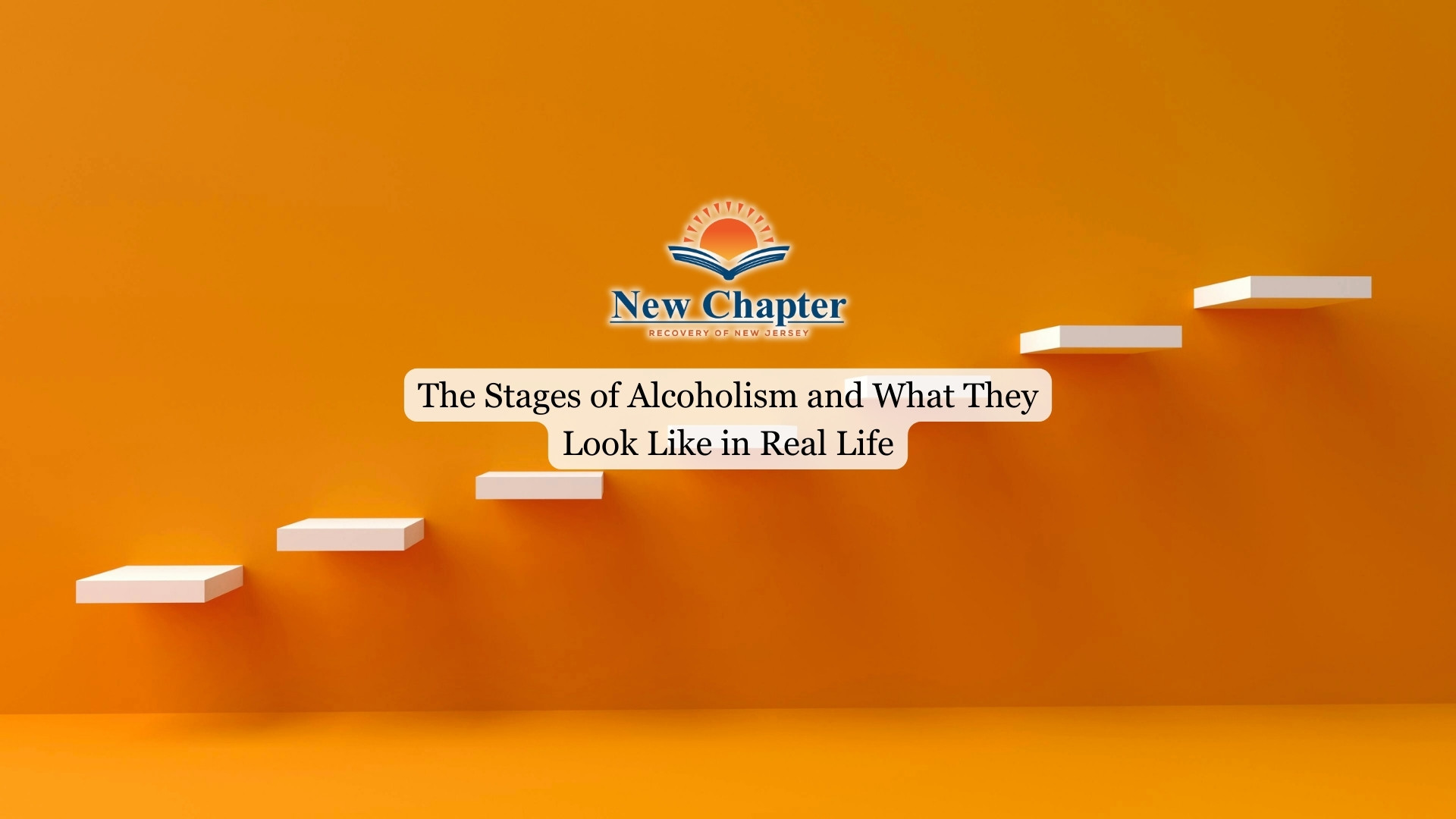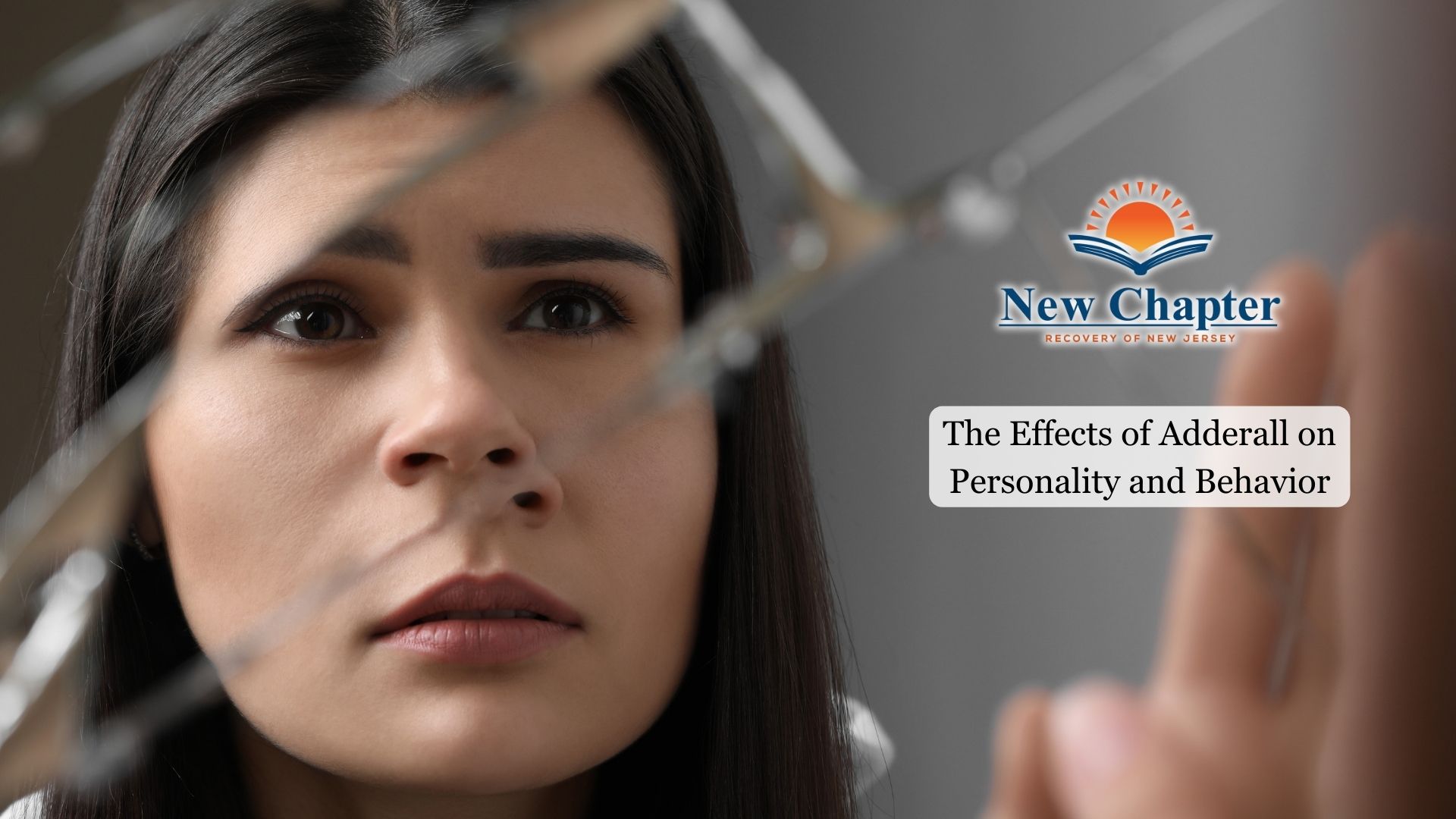Addiction’s reach extends far beyond the person struggling with substance use; it deeply impacts their family members as well. As addiction treatment continues to evolve, experts emphasize the importance of involving families in the recovery process. A well-supported individual is more likely to achieve and maintain long-term sobriety.
This article explores the vital role family plays in addiction treatment, from emotional encouragement to active participation in therapy.

The Impact of Addiction on Families
Addiction affects the entire family unit in various ways, such as undermining loving and trusting relationships, creating financial hardship or bankruptcy, leading to social isolation due to shame or embarrassment, forcing children into parental roles, and causing partners to hide addictions and lie about their actions.
The constant exposure to stressful situations can leave family members vulnerable to developing their own mental health issues.
Children are particularly susceptible to the effects of parental substance abuse, facing an increased risk of neglect or abuse (three times more likely), a higher likelihood of developing SUDs themselves later in life, disrupted attachment and developmental delays, feelings of guilt, shame, and self-blame, anxiety, depression, and other mental health issues, as well as academic and social difficulties. It is estimated that over 21 million children in the U.S. live with at least one parent who misuses alcohol or drugs.
The comprehensive addiction treatment programs we provide at New Chapter Recovery incorporate family therapy and support.
Emotional Support and Stability
When your family provides emotional support, it creates a sense of stability that’s essential for your recovery.
Open communication within the family fosters emotional safety, allowing you to express your feelings and challenges without fear of judgment. This level of understanding and encouragement can empower you, reinforcing your commitment to recovery and enhancing your self-confidence.
Families that actively engage in the recovery process often help create a stable environment, which is vital for your emotional well-being and that of other family members. Consistent support and understanding from your loved ones can make a significant difference in your journey towards healing.
It’s crucial to recognize that chaotic family dynamics can exacerbate stress and contribute to the risk of relapse.
Read more about the importance of practicing mindfulness during addiction recovery and how it helps sustain long-term sobriety.
Fostering Belonging and Understanding
Family involvement in addiction treatment helps loved ones understand your experiences, allowing them to offer informed and compassionate support.
When families prioritize open communication, it fosters a sense of empathy and reduces isolation, helping you feel connected rather than alone in your struggles. Educational programs provide families with essential knowledge about addiction, giving them the tools to support you with patience and understanding.
Through clear boundaries and shared accountability, your family can cultivate a stable, healing environment that benefits everyone.

Positive Recovery Environment
It’s important to establish healthy boundaries that promote accountability, allowing you to focus on your recovery journey without enabling destructive behaviors. Your family’s encouragement and support can significantly improve your treatment adherence, leading to better recovery outcomes and reduced relapse rates.
Engaging in sober activities together strengthens family bonds and creates a shared sense of purpose, reinforcing your recovery process. By educating themselves about addiction and the recovery process, your family can provide informed support, creating a nurturing atmosphere conducive to healing.
A positive recovery environment is built on a foundation of love, understanding, and a commitment to collective growth.
Find out more about the role of goal setting in addiction recovery and why it’s important to have clear and attainable objectives during and post-treatment.
Addressing Family Dynamics
When addressing family dynamics in addiction treatment, it’s crucial to recognize how substance abuse distorts relationships and leads to unhealthy coping mechanisms.
Engaging in family therapy can help redefine roles, improve communication, and promote healthier interactions that support addiction recovery.
Establishing healthy boundaries is another essential aspect of addressing family dynamics. By setting clear limits and expectations, you create a supportive environment that encourages accountability and personal growth.
The goal is to promote collective recovery, not just for the individual struggling with addiction, but for the entire family system. It’s a process that requires patience, understanding, and a willingness to work together towards a common goal of healing and well-being.
After-Care and Long-Term Recovery
After addressing family dynamics, it’s important to consider the role of family in after-care and long-term recovery. Family involvement is crucial, as research shows that strong family support significantly improves long-term recovery outcomes for individuals recovering from substance use disorders.
Ongoing family therapy can help address lingering relational issues and reinforce healthy communication patterns that contribute to sustained recovery. It’s essential to establish and maintain healthy boundaries within the family unit to prevent relapse and promote accountability during the long-term recovery process.
Engaging in joint recovery activities, such as support groups or family outings, can help strengthen familial bonds and provide a supportive environment that encourages ongoing sobriety. Families can benefit from continuous education on addiction, enabling them to adapt to their loved one’s recovery journey and navigate challenges that may arise during the after-care phase.
Final Thoughts from New Chapter Recovery
At New Chapter Recovery, we recognize that addiction’s impact extends beyond the individual, affecting the entire family. That’s why our treatment approach goes beyond focusing on just the person struggling with addiction; we embrace the healing power of family involvement. We provide both faith-based and traditional treatment options, ensuring that each client receives care tailored to their specific needs and beliefs. Our team of medical professionals, licensed therapists, and certified counselors are dedicated to supporting you and your family throughout the recovery journey.
Frequently Asked Questions
What should I do if my loved one refuses treatment?
Consider organizing a structured intervention with the right family members and the help of a professional interventionist who can guide the conversation toward treatment acceptance. In the meantime, establish clear boundaries about behaviors you will and won’t tolerate, while continuing to express your concern and love without enabling their addiction.
What role does forgiveness play in family healing after addiction?
Forgiveness allows family members to release resentment and anger that can otherwise perpetuate unhealthy relationship patterns and impede healing. It creates space for rebuilding trust and developing new, healthier ways of relating to each other, though it’s important to recognize forgiveness is a process that happens at different paces for different people.
Can family involvement in treatment reduce the risk of relapse?
Family involvement significantly reduces relapse risk by addressing family dynamics that may contribute to substance use and creating a supportive home environment for recovery. When families participate in therapy and education programs, they learn effective communication strategies and coping mechanisms that benefit both the person in recovery and the entire family system.
What are healthy boundaries families should set to support recovery?
Healthy boundaries include refusing to provide money that might fund substance use, not making excuses for the person’s behavior to others, and maintaining your own self-care routines. It’s also important to communicate expectations clearly, follow through with stated consequences, and distinguish between supporting recovery and enabling addiction.






